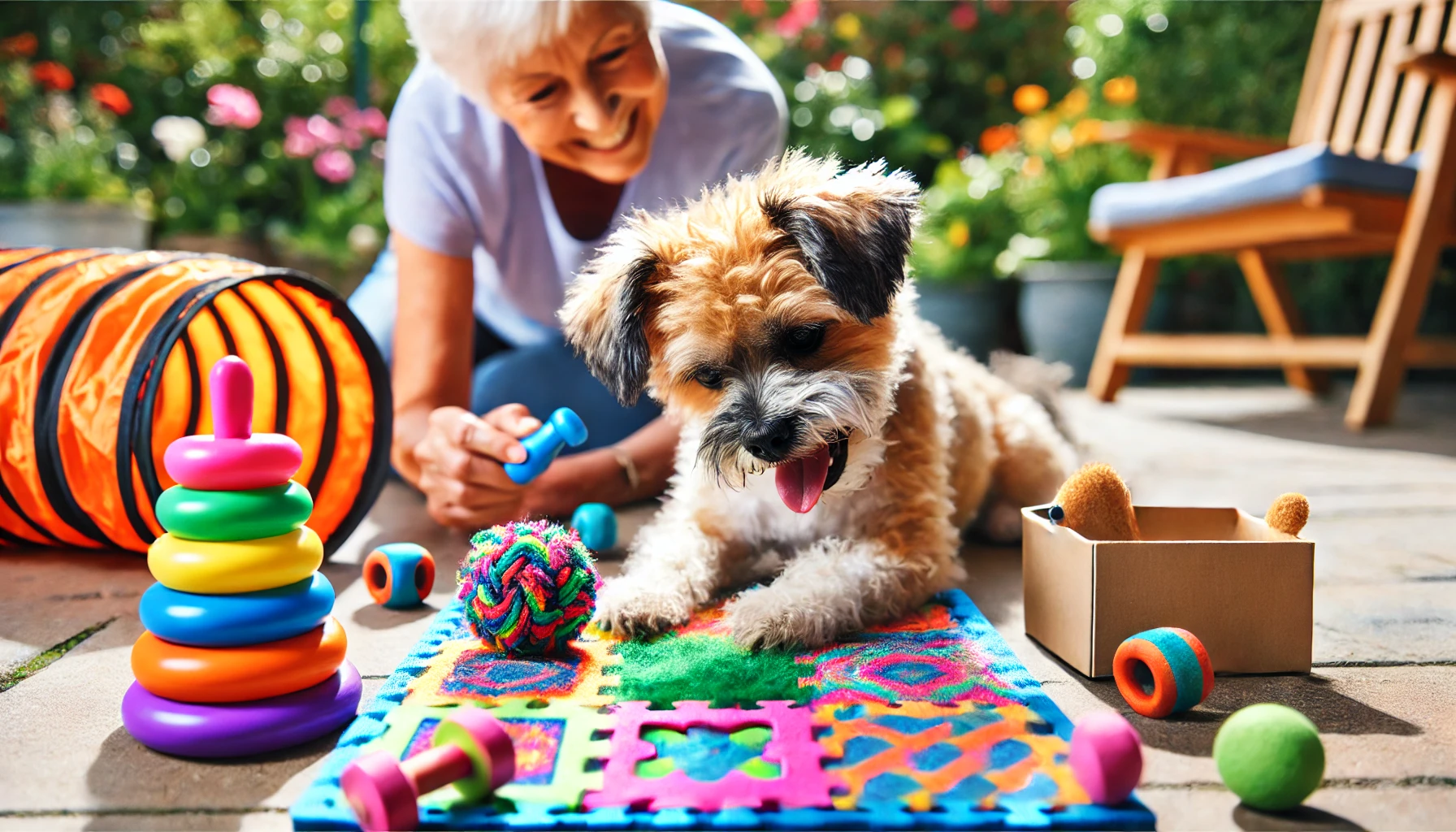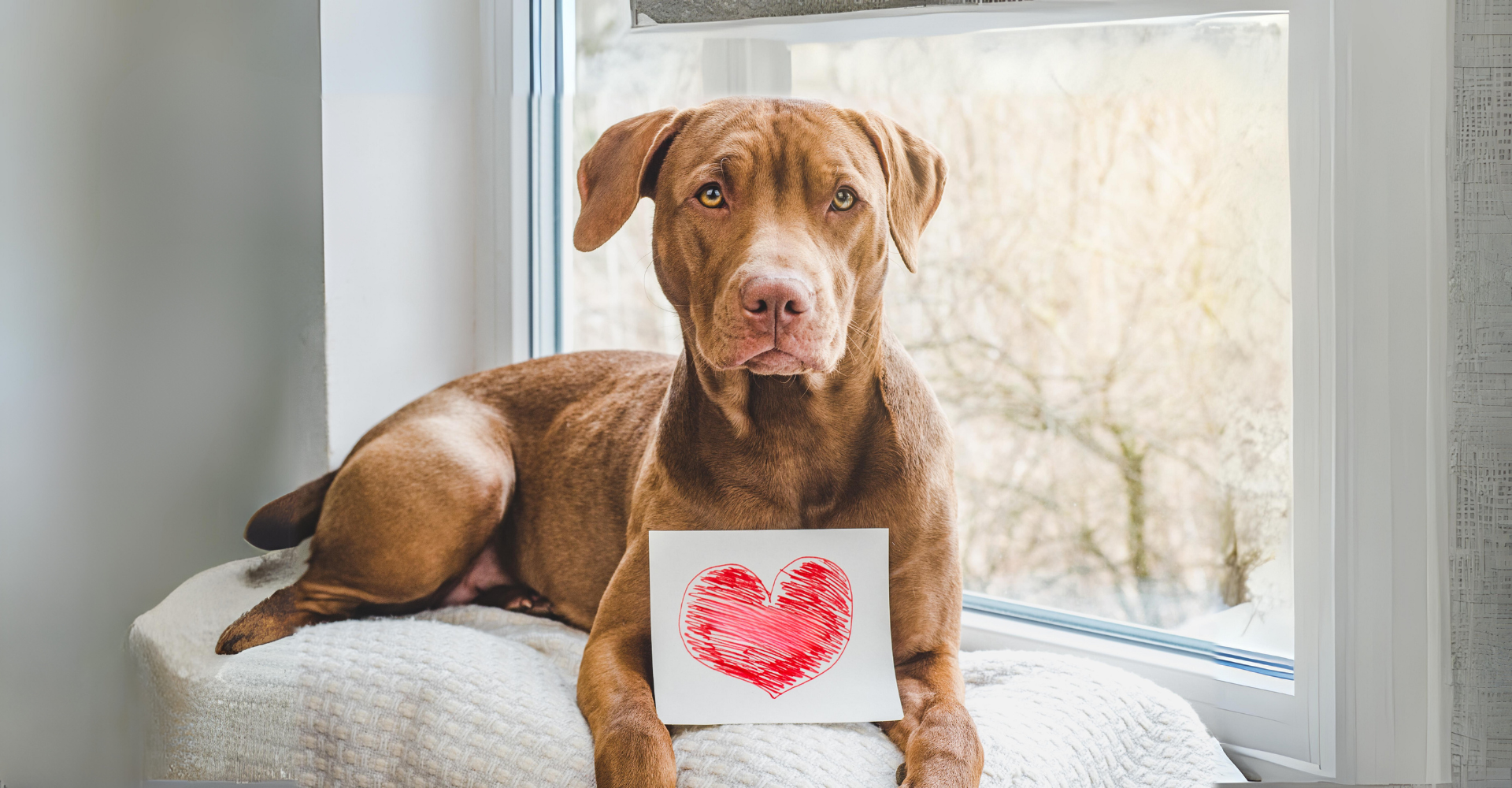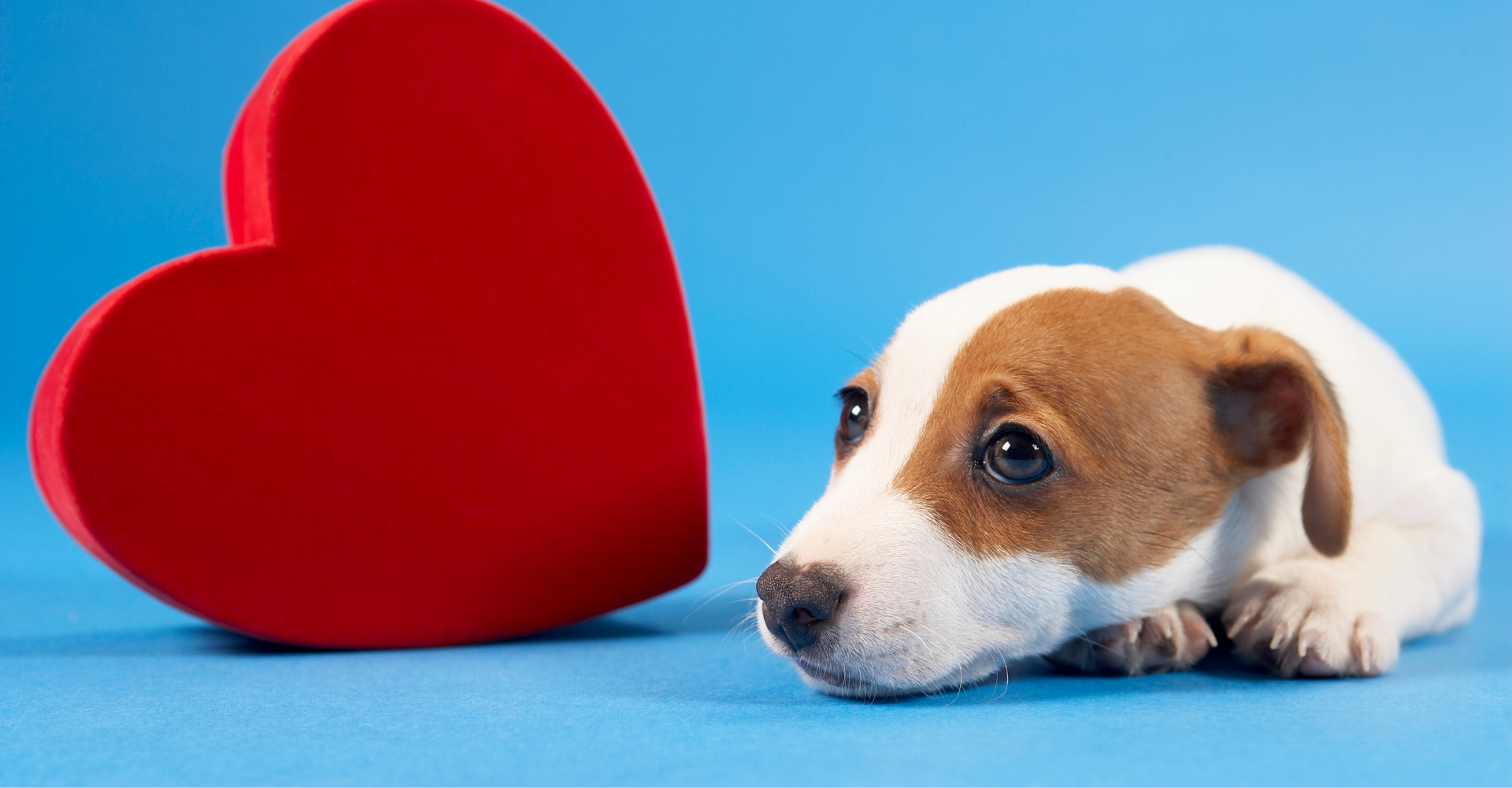Plaque Busters Dental Sticks: A Tasty & Healthy Treat for Your Pup!
As pet parents, we all want the best for our furry companions—especially when it comes to their health. Dental hygiene is one area that often gets overlooked, but it’s just as important as a balanced diet and regular exercise. Enter Plaque Busters Dental Sticks, a tasty and effective way to keep your dog’s teeth clean while treating them to something delicious! What Makes Plaque Busters Stand Out? Plaque Busters Dental Sticks are more than just your average dog chew. These dental sticks are packed with natural ingredients that not only freshen breath but also help reduce plaque and tartar buildup. Unlike many...























